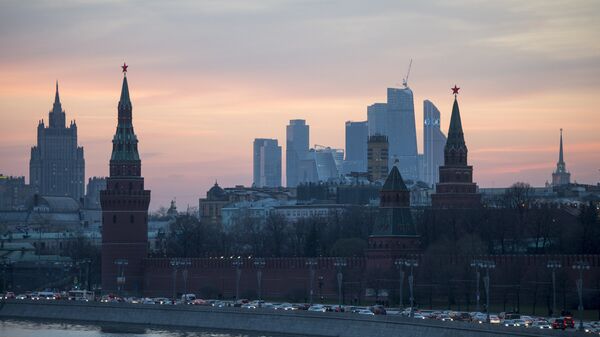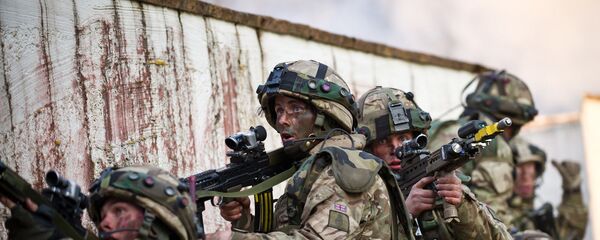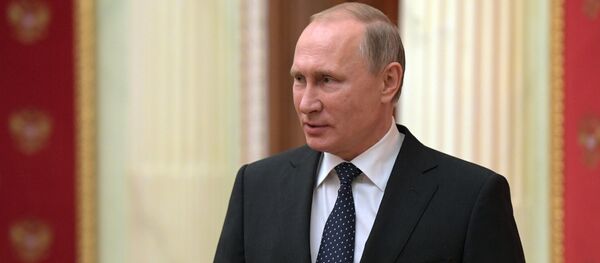"Whilst dialogue [between Russia and NATO] is difficult it is vital the alliance, in tandem with the EU, the US and bilateral efforts, seeks to maintain some level of engagement with Russia, if not at the level envisaged when the NATO-Russia Founding Act was signed back in 1997," the analysts wrote in a paper released as part of the GLOBSEC NATO Adaptation Project.
"Therefore, whilst it is impossible to ignore what has taken place in Ukraine, what is taking place in Syria, nor either Moscow's use of cyber and hybrid coercion against allied states, defense, deterrence and dialogue should form part of a balanced triple-track approach in dealing with Putin's Russia," the analysts noted.
The experts, including former Italian Defense Minister Giampaolo Di Paola, former Commander of the Allied Joint Force Command (JFC) General Wolf Langheld, Professor Julian Lindley French, Vice-President of the Atlantic Treaty Association and Slovakia's envoy to NATO Tomas Valasek, also said that a new Cold War between Russia and the West was "unlikely." However, they also claimed that Moscow ostensibly poses a threat to the bloc.
The GLOBSEC NATO Adaptation Project is meant to analyze challenges that the bloc faces and offer ways for the alliance to adapt to the changing security environment. The first paper was published in late November. It comes ahead of NATO's Foreign Ministers Meeting, scheduled to take place on December 6-7.
What will the #NATO Foreign Ministers talk about? #ForMin — follow the events here: https://t.co/DD1aswm7MW pic.twitter.com/KpXlIASRw9
— NATO (@NATO) 5 декабря 2016 г.
Key topics of the upcoming meeting include NATO's cooperation with the European Union, the bloc's presence in Afghanistan, boosting the capacity of partner countries to the east and the south, as well as the security situation in Ukraine. The last two are likely to focus on Russia, although it has not been specifically mentioned.



